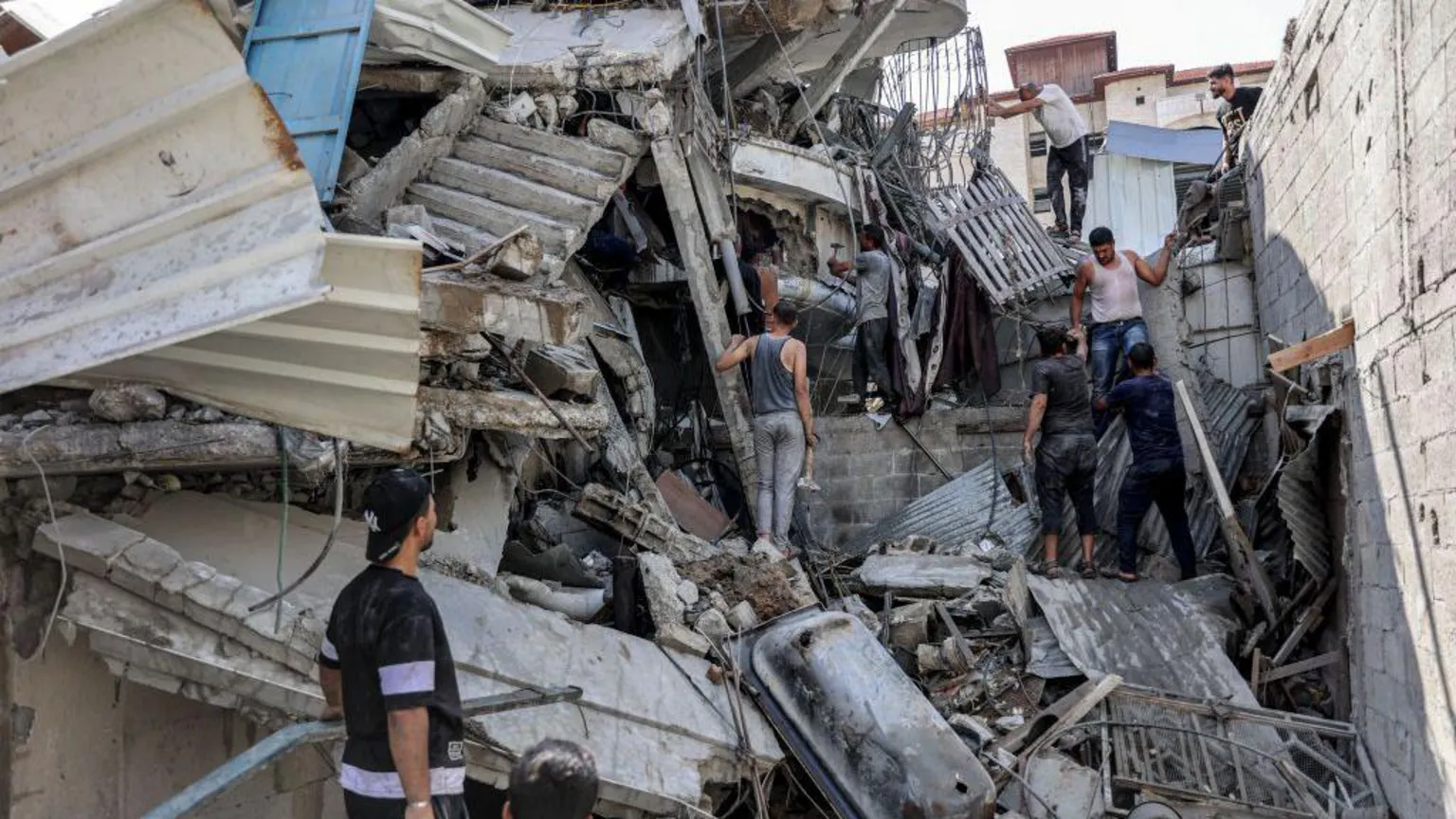The United States has issued a formal warning to Israel, urging the country to significantly increase humanitarian aid access into Gaza within 30 days or risk a potential reduction in US military support. The unprecedented message was delivered in a letter sent on Sunday by Secretary of State Antony Blinken and Defense Secretary Lloyd Austin, following growing concerns over the humanitarian crisis in the region.
The letter comes as Israel intensifies its military offensive in northern Gaza, actions that have reportedly led to high civilian casualties. The US government expressed “deep concern” about the deteriorating humanitarian situation, noting that Israel had blocked or impeded nearly 90% of humanitarian movements between northern and southern Gaza in the previous month.
Humanitarian Concerns Raised
The letter emphasized the critical need for immediate action, warning that Israeli evacuation orders have forced 1.7 million Palestinians into the overcrowded al-Mawasi region, placing them at high risk of “lethal contagion” due to extreme conditions. Humanitarian organizations have reported that essential supplies, including food, water, and medical aid, are running dangerously low.
“We are now writing to underscore the US government’s deep concern over the deteriorating humanitarian situation in Gaza, and seek urgent and sustained actions by your government this month to reverse this trajectory,” the letter stated.
The US also highlighted Israel’s restrictions on the flow of aid, pointing to halted commercial imports and new customs requirements that have further hampered relief efforts.
US Military Support in Jeopardy
The letter stressed that Israel must immediately “surge all forms of humanitarian assistance” into Gaza, allowing a minimum of 350 aid trucks to cross daily through all major crossings. It also called for an end to the “isolation of northern Gaza” and urged Israel to reaffirm that it does not have a policy of forced evacuations.
Failure to meet these conditions, the letter warned, could have “implications for US policy,” citing laws that prohibit military assistance to countries that block US humanitarian aid.
While the US is Israel’s largest supplier of military equipment, including aircraft, guided bombs, and missiles used in its Gaza operations, Washington’s tone has shifted in light of the worsening humanitarian situation. At a press conference on Tuesday, State Department spokesman Matthew Miller confirmed the letter’s existence, calling it a “private diplomatic communication” aimed at encouraging Israel to address the crisis.
Pressure Mounts on Israel
Despite the mounting pressure, Israel has maintained that it is not blocking humanitarian aid, instead blaming the United Nations and other agencies for distribution issues. The Israeli government also accuses Hamas of diverting aid supplies, a claim that Hamas denies.
On Monday, Israel allowed 30 trucks carrying aid from the World Food Programme to enter northern Gaza through the Erez crossing—the first delivery of its kind in two weeks. However, international organizations, including the International Committee of the Red Cross (ICRC), warn that conditions remain dire, with many civilians unable to access basic necessities.
The US letter is the latest in a series of diplomatic measures aimed at balancing its longstanding military alliance with Israel and its growing concerns over the humanitarian impact of the Gaza conflict. Whether Israel will act within the 30-day window to avoid potential military aid repercussions remains to be seen.





